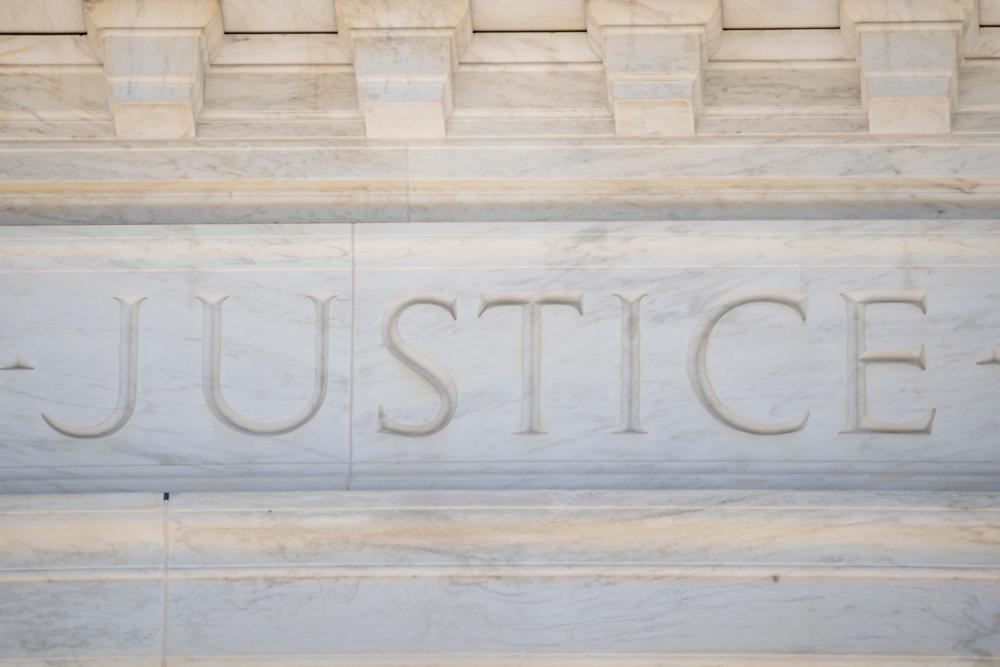The Supreme Court announced it scheduled oral arguments for Jan. 15, 2025, in a case challenging a Texas law mandating age verification for users of pornography websites.
The announcement in the case known as Free Speech Coalition Inc. v. Paxton was made on Oct. 31.





